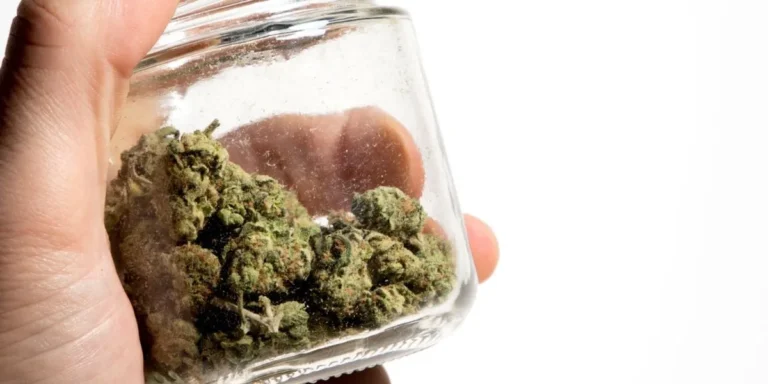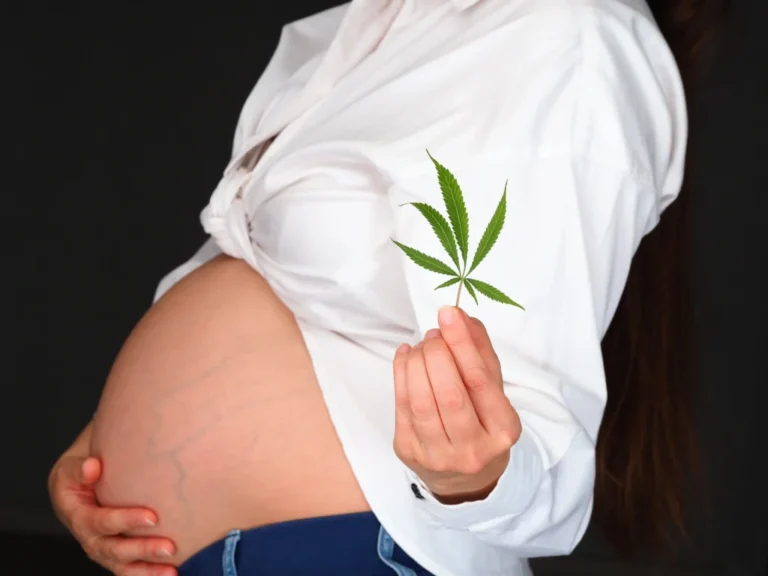Delta 9 Hangover
Delta-9-tetrahydrocannabinol, or Delta 9 THC, is the main psychoactive compound in cannabis, known for delivering a range of euphoric effects. Depending on the user, these effects can vary from an uplifting, energetic high to a more relaxed, introspective state. However, just like with other substances, the aftereffects aren’t always talked about as much. One such side effect is the Delta 9 hangover, a lesser-known but increasingly recognized aspect of cannabis use.
A Delta 9 hangover shares some similarities with an alcohol hangover but has its own unique traits. While alcohol hangovers are typically marked by dehydration, headaches, nausea, and sensitivity to light and sound, a Delta 9 hangover tends to be milder. The symptoms are more closely tied to how THC affects the body and mind, leading to a different kind of post-consumption experience.

One of the most common symptoms associated with a Delta 9 hangover is lingering lethargy or grogginess. Many users report waking up feeling unusually tired, even after a full night’s rest. This is likely due to the sedative properties of Delta 9 THC, which can affect sleep cycles and disrupt the overall quality of rest, depending on the strain and dosage used. While cannabis is often turned to as a sleep aid, the residual effects of Delta 9 can sometimes lead to an unrefreshing sleep, resulting in a sluggish start the following day.
Another frequent symptom is mental fog, where users may struggle with focus and clarity. This cognitive cloudiness can hinder productivity, making even simple tasks feel more difficult. This effect is believed to stem from the way THC interacts with the brain’s neurotransmitter systems, which may take time to fully recover after the psychoactive effects wear off.
Alongside physical and mental fatigue, some users experience mild headaches or a sense of dehydration. Although not as intense as an alcohol hangover, these symptoms can still cause discomfort. The dehydration is often tied to the “cottonmouth” effect of cannabis, where THC decreases saliva production, leading to a dry mouth and throat. Staying properly hydrated before, during, and after using cannabis can help alleviate this symptom.
Mood swings are another possible side effect of a Delta 9 hangover. Some individuals report feelings of irritability or mild depression after heavy cannabis use. These mood shifts are believed to be related to the depletion of neurotransmitters like dopamine and serotonin, which are crucial for regulating mood and emotional balance. The body needs time to restore these chemicals, leading to temporary mood dips.
Additionally, the method of consumption plays a role in a Delta 9 hangover. Smoking or vaping tends to produce quicker effects that fade more rapidly, while edibles can have prolonged effects that may linger into the next day.
The metabolism of THC in the liver when consumed as an edible can result in the production of 11-hydroxy-THC, a metabolite that is more potent and longer-lasting than Delta 9 THC itself. This can contribute to a more pronounced hangover effect.
Preventing a Delta 9 hangover involves several strategies. First and foremost is moderation; understanding one’s tolerance and consuming cannabis within personal limits can reduce the likelihood of adverse aftereffects. Staying hydrated, eating a balanced diet, and getting regular exercise can also help mitigate hangover symptoms. Additionally, choosing strains with balanced cannabinoid profiles, such as those with higher CBD content, may offset some of the more pronounced effects of Delta 9 THC.
For those experiencing a Delta 9 hangover, several remedies can help alleviate symptoms. Hydration is key, as it helps flush out residual THC metabolites and combats dehydration. Consuming a nutritious breakfast can also provide the body with the necessary nutrients to recover. Engaging in light physical activity, such as a walk or gentle yoga, can increase blood flow and promote the clearance of THC from the system. Lastly, giving oneself time to rest and recover is crucial; pushing through the day without adequate rest can prolong the hangover experience.
The Delta 9 hangover is a real phenomenon that can impact users in various ways, from physical lethargy to mental fog and mood fluctuations. By understanding the potential aftereffects of Delta 9 THC and adopting preventive measures, users can enjoy the benefits of cannabis while minimizing the less desirable side effects. As with all aspects of cannabis use, mindfulness and moderation are key to a positive and balanced experience.






